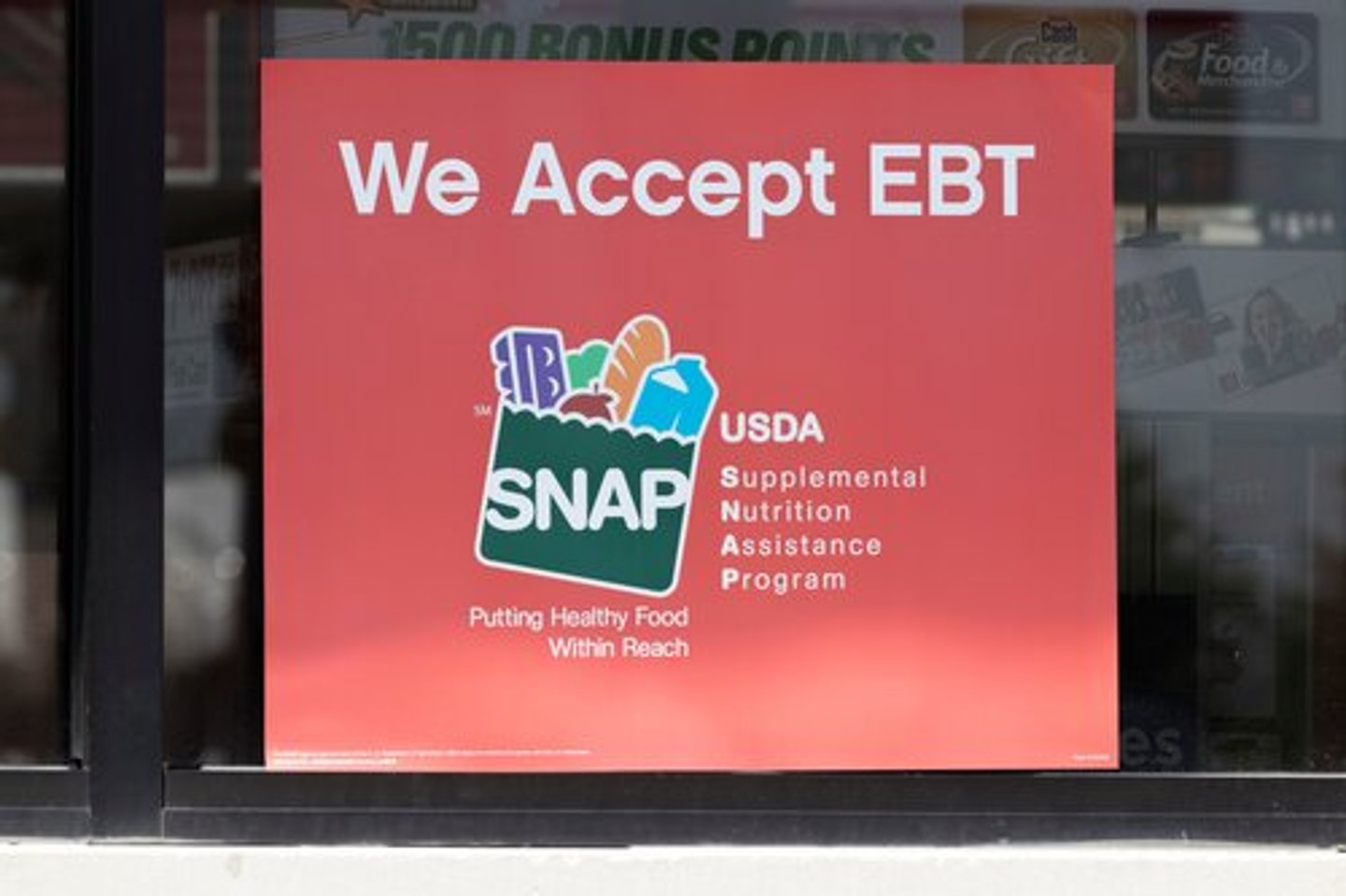FMI Supports Bill to Eliminate SNAP Processing Fees
FMI - The Food Industry Association is supporting federal legislation that would ban processing fees on grocers for purchases made with Supplemental Nutrition Assistance Program (SNAP) benefits.
The Ensuring Fee-Free Benefit Transactions (EBT) Act (S. 2449) was introduced in the United States Senate by Sens. Ben Ray Luján (D-NM) and Peter Welch (D-VT), members of the Senate Agriculture Committee. The senate bill is a companion to FMI-endorsed legislation that was introduced in the U.S. House of Representatives last month by Rep. Shontel Brown (D-OH).
“FMI applauds Sens. Luján and Welch for their leadership in introducing the EBT Act to safeguard SNAP participants’ access to grocers in New Mexico, Vermont and across the country,” said Jennifer Hatcher, chief public policy officer at FMI. “Tacking on processing or other related fees for SNAP purchases would be an unfair burden on retailers and customers alike and could result in higher costs for both shoppers and grocers. Such fees could also lead to some stores being unable to become or remain SNAP-authorized retail locations, negatively impacting the ability of SNAP participants to shop at their preferred supermarket.”
Hatcher said maintaining the integrity of the SNAP program is vitally important to assure millions of Americans are able to access the foods they need to keep their families fed. The EBT Act will ensure that processing or other related fees outside of our control will never be imposed on food retailers or their customers in the SNAP program, she said.
SNAP has been in the headlines in recent months following the phase out of additional program benefits instituted during the pandemic. Recent data from 84.51°, the Kroger-owned retail data firm revealed that 51% of SNAP recipients spent less on groceries and cut back on other expenses to afford groceries in response to canceled Emergency Allotment (EA) benefits.
Large numbers of those surveyed began buying “lower quality” products (45%), buying more items on sale (42%), and buying more private label items (32%).
A total of 62% of those surveyed said the decrease in benefits has made a significant impact on their overall household budget. When determining which retailer to shop at for groceries when using SNAP benefits, lowest prices (44%) was the most common answer, followed by enticing weekly sales/promotions (22%).


